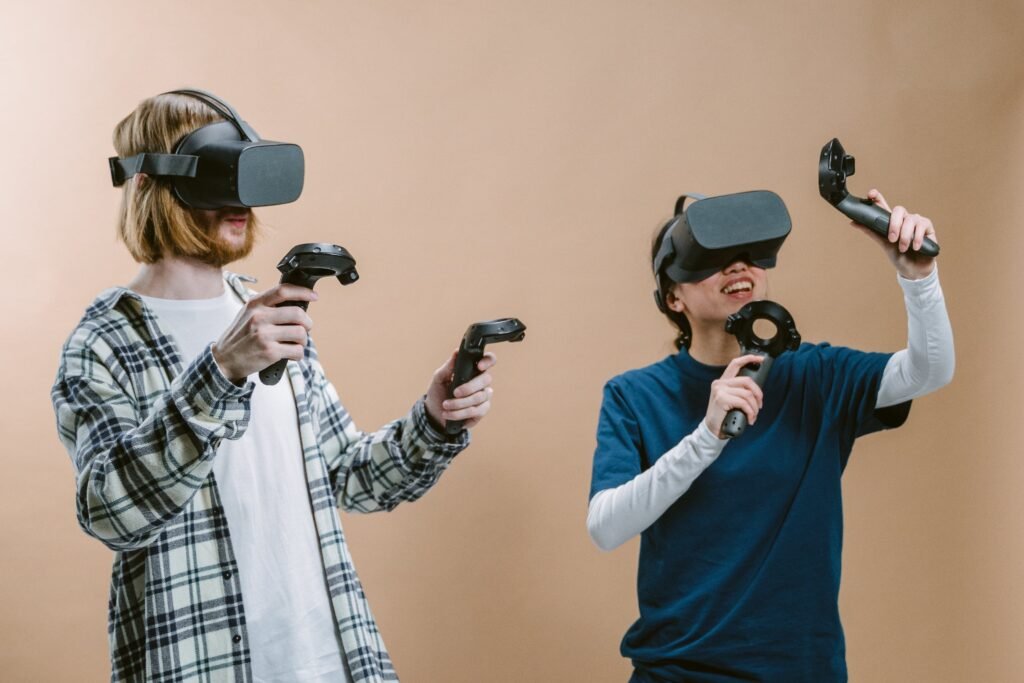Artificial Intelligence (AI) has revolutionized various industries, and the entertainment industry is no exception. With advancements in technology, AI has become an integral part of the entertainment landscape, transforming the way content is created, distributed, and consumed.
1. Content Creation
AI has significantly impacted content creation in the entertainment industry. It has the ability to analyze vast amounts of data, enabling creators to gain insights into audience preferences and trends. This data-driven approach helps in developing content that resonates with viewers, increasing the chances of success.
AI-powered algorithms can also generate content autonomously. For example, AI can write scripts, compose music, and even create visual effects. This not only speeds up the production process but also opens up new creative possibilities.
2. Personalized Recommendations
One of the key ways AI has transformed the entertainment industry is through personalized recommendations. Streaming platforms and content providers leverage AI algorithms to analyze user behavior and preferences. Based on this analysis, AI recommends relevant content to users, enhancing their viewing experience.
By understanding individual preferences, AI can curate personalized playlists, suggest similar movies or shows, and even predict what users might enjoy in the future. This level of personalization not only keeps viewers engaged but also helps content providers tailor their offerings to specific target audiences.
3. Enhanced Visual Effects
AI has had a profound impact on visual effects in the entertainment industry. With AI-powered tools, filmmakers can create stunning visuals that were previously challenging or time-consuming. AI algorithms can analyze and process large amounts of data, making it easier to create realistic and immersive visual effects.
For example, AI can be used to remove wires or other unwanted elements from a scene, enhance facial expressions, or even generate lifelike characters. This not only saves time and resources but also allows filmmakers to push the boundaries of creativity.
4. Improved Audience Engagement
AI has transformed the way entertainment companies engage with their audiences. Chatbots powered by AI can interact with users, providing instant customer support and answering queries. This improves the overall user experience and builds customer loyalty.
AI can also analyze social media data to understand audience sentiment and feedback. This helps content creators and marketers gauge the success of their campaigns, make data-driven decisions, and tailor their content to better resonate with the target audience.
5. Data Analysis and Predictive Analytics
AI has enabled the entertainment industry to make better use of data. By analyzing large datasets, AI algorithms can identify patterns and trends, helping content creators and marketers make informed decisions.
Predictive analytics powered by AI can forecast audience demand, predict box office performance, and even optimize marketing strategies. This allows entertainment companies to allocate resources more effectively and maximize their return on investment.
Conclusion
Artificial Intelligence has had a profound impact on the entertainment industry, transforming content creation, personalizing recommendations, enhancing visual effects, improving audience engagement, and enabling data-driven decision-making. As AI continues to advance, it will undoubtedly shape the future of the entertainment industry, opening up new possibilities and redefining the way we create and consume entertainment.

